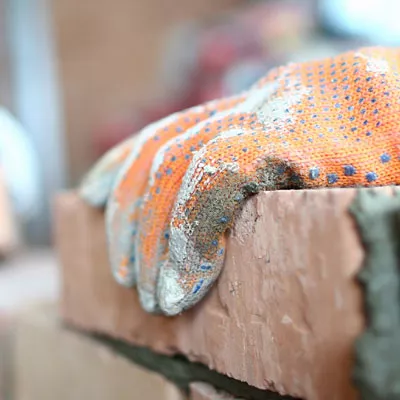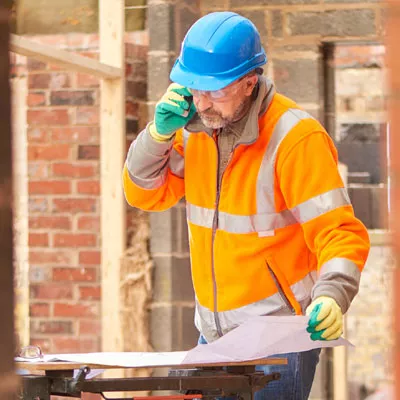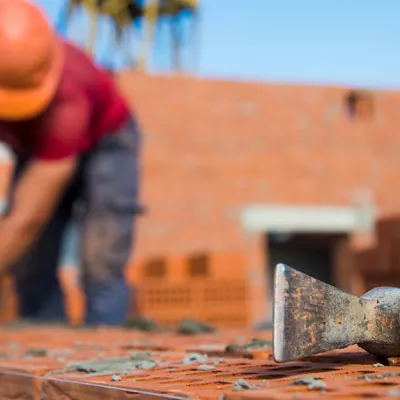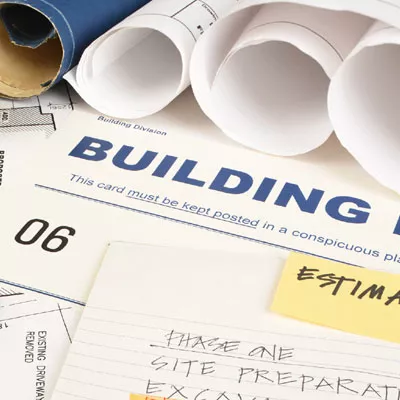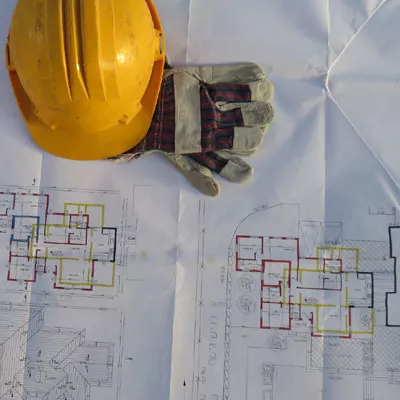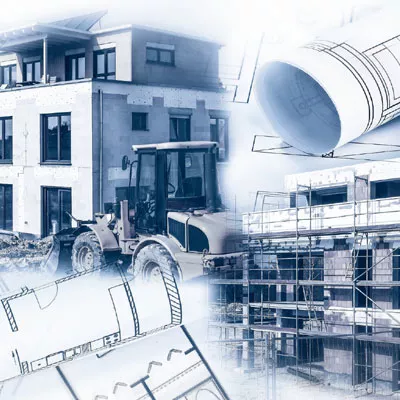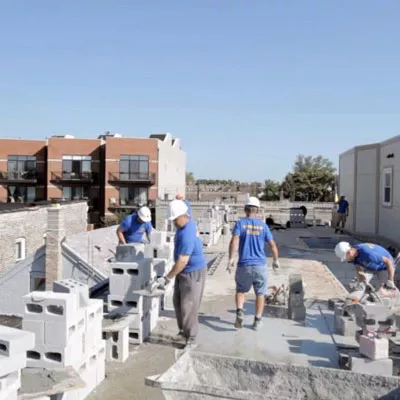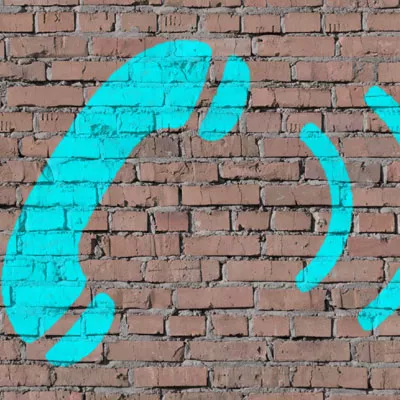Concrete wall construction
Order Concrete Wall Construction Cheaply | Masonry Chicago
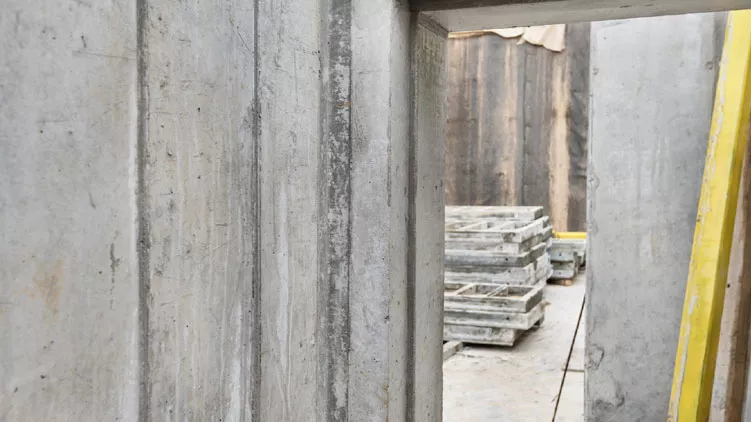
Get your Concrete Wall Built by Top Pros in Chicago!
Concrete walls are a versatile category with options for every type of construction: houses, infrastructural objects, commercial buildings, industrial facilities — all of them can be constructed with the use of concrete walls. Concrete is a super-strong, weather-resistant, and durable material that requires low maintenance. Foundations, basements, bearing and non-bearing, retaining walls are often built from concrete block walls or from poured concrete.
Planning a new building project in Chicago, Il? Give a call to Masonry Chicago! We have been in the construction business for more than 20 years and can offer you the optimal concrete wall solutions.
Types of concrete walls
Concrete block walls
Block walls are commonly used for commercial and residential buildings due to their flexibility and exceptional durability. Concrete blocks are stackable concrete masonry units (CMUs), used for new walls construction or the extension of the existing walls. The sizes of the blocks can differ depending on the design parameters and the requirements set by the team of engineers. However, the same block types are often used in one project. Concrete blocks are composed primarily of standard concrete, gravel, sand, and Portland cement. They are one of the top builders’ choices because of their properties.
Cast-in-place concrete walls
Cast-in-place concrete walls (CIP) are constructed from pre-made cement that can be put into molds and assembled from scratch right on the construction site. As the name suggests, they are different from precast concrete walls that are assembled off-site. Cast-in-place concrete walls have an exposed structure: the internal walls have to be covered by a façade, or exterior walls. Windows and doors usually are fitted in pre-made openings in the walls of the house. Builders can construct CIPs, using different decorative techniques, matching the design of the wall application to the overall style of the building.
The difference between a concrete wall and a cast-in-place wall
While the two types can help in commercial and residential applications, they both offer unique characteristics and advantages which are suitable for different functions.
Cast-in-place walls require a significant amount of labor and are often used to build solid structures, such as a foundation, a basement, a beam, a roof, etc. CIP masonry contractors must meet the structural, serviceability, and durability requirements of the American Concrete Institute building code.
Prefab concrete, or concrete blocks, are like lego — they are delivered to the building site in necessary shapes and quantities and are assembled according to the floorplans. Often these blocks are used for non-bearing walls, fencing, retaining walls, etc.
What walls can be build from concrete?
- Interior or exterior poured concrete or block wall
- Bearing concrete wall
- Non-bearing concrete wall
- Concrete retaining wall
- Poured concrete retaining wal
- Classy or modern concrete retaining wall
Family-Owned Company. 20 Years of Masonry Expertise
Concrete wall construction: safety and structural integrity
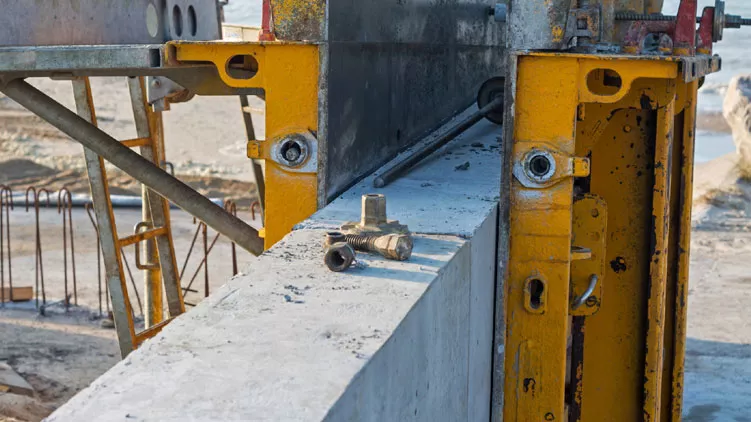
Concrete walls are widely used in residential and commercial construction. Besides the usual usages, they are super important when it comes to safety. Incorporated in load-bearing structures, quality concrete walls effectively distribute loads between the floors, as well as separate the floors within the multi-story buildings.
Moreover, the walls of concrete are considered an essential structural element in locations prone to earthquakes, as they have the necessary flexibility and structural integrity that greatly help to control the security of the premises.
Concrete wall construction step-by-step
Step 1 — Concrete delivery to the construction site
Depending on the type of wall that is being constructed, the concrete is either shaped in the molds from a concrete mixture or delivered to the building site in the form of concrete blocks. After the foundation installation, the process of building walls begins.
Step 2 — Horizontal and vertical reinforcement
The horizontal and the vertical reinforcement are necessary elements that will secure the overall structural safety and integrity of the building. The reinforcement bar must be installed in case the wall thickness exceeds 4 inches. Steel bars are positioned horizontally and vertically, according to floor plans provided by the contractor’s engineer. When the reinforcement is placed, a formwork process/block assembling begins.
Step 3 — Formwork or assembling of concrete walls
Following the architectural plans, the contractors either begin the formwork by pouring the fresh concrete mixture into the molds or start assembling a concrete wall from the blocks. The choice of materials, as we mentioned above, vary based on the structural purposes of the wall constructed.
Step 4 — Removal of formworks
Formworks in concrete walls can be removed within two days after the concrete has been poured. This is the time when you can already walk on the concrete surface. The initial removal of the forms can be achieved by heat treatment / cooling compound treatment which will increase the overall construction speed.
Step 5 — Curing process
After the forms are removed and the initial drying is done, the builders have to wait at least 7 days, after partial curing, the equipment can be delivered to the new concrete surface without the danger of damaging it. 28 days is the usual timing for the full curing process. The contractor can begin decorative and other works.
20
years of Masonry Expertise
50+
professional bricklayers
300+
masonry and tuckpointing projects
Ready to start your masonry project?
Chicago Concrete Estimates - Full Service Construction
Can concrete walls increase the value of a property?
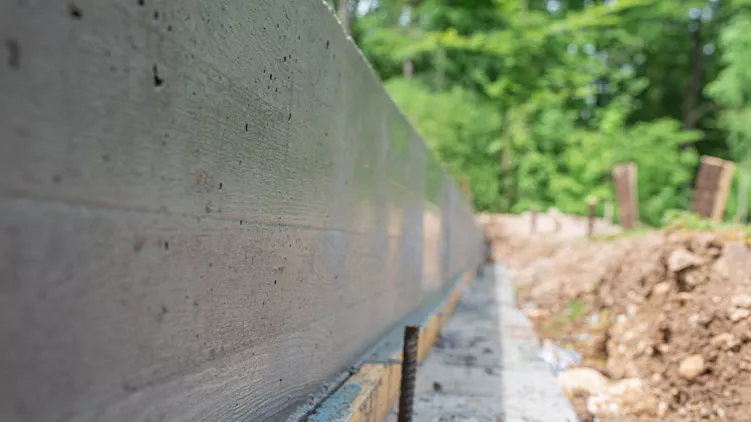
Concrete is one of the most popular building materials for a reason. The image of the dull grey panels is actually quite far from the truth and the possibilities this material provides to the architects and the designers. It is suitable for spaces of absolutely different styles, and the amount of finishing options are countless. The resale value of the property, therefore, can be significantly increased, but only in case, the walls are constructed by true professionals. They know how to choose the best materials and apply the most modern technological solutions to the wall installation process.
Sounds appealing? Give a call to Masonry Chicago at 773 231-5371. We will help you create the space of your dreams, a structure that will serve generations ahead — with secure, safe, and beautiful walls. Our schedule is flexible and we are ready to visit your site for a free estimate!
Over 300 Projects in Chicago and Suburbs
Frequently Asked Questions
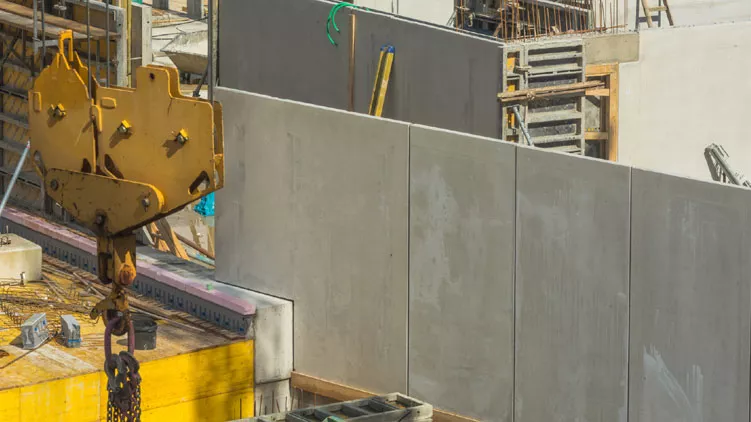
What is a concrete wall?
Concrete walls are either constructed from the premade concrete blocks or with the use of cast-in-place technology when the concrete is shaped into molds right on the building site. Concrete walls are strong, durable, weather-resistant, and are relevantly affordable.
Are concrete walls cheaper than brick?
Yes. Concrete blocks are about 15% cheaper than brick, and up to 50% cheaper than wood.
How thick is a concrete wall?
Usually, a typical exterior wall in residential buildings is 8 inches thick. But it can totally depend on the kind of project that you are about to create.
How much does it cost to pour a concrete wall?
The average nationwide price for a poured concrete wall is around $7000, or $35 per linear foot.
Which is stronger a poured concrete wall or concrete block wall?
Poured concrete walls are stronger, therefore, they are more often used in foundation or basement construction.
Look at
The Results of Our Masonry Works:
Building with a difference. Before and After:





